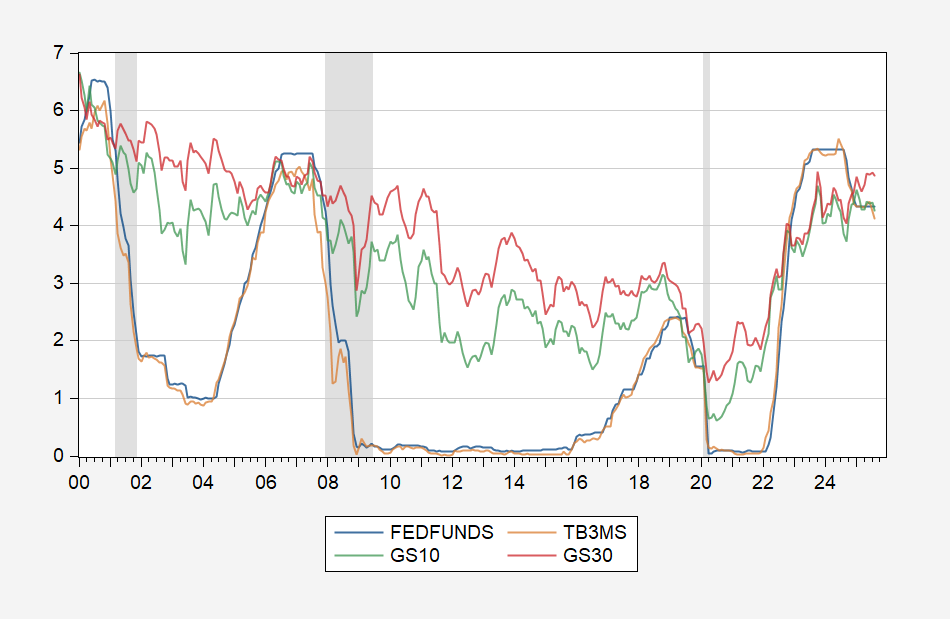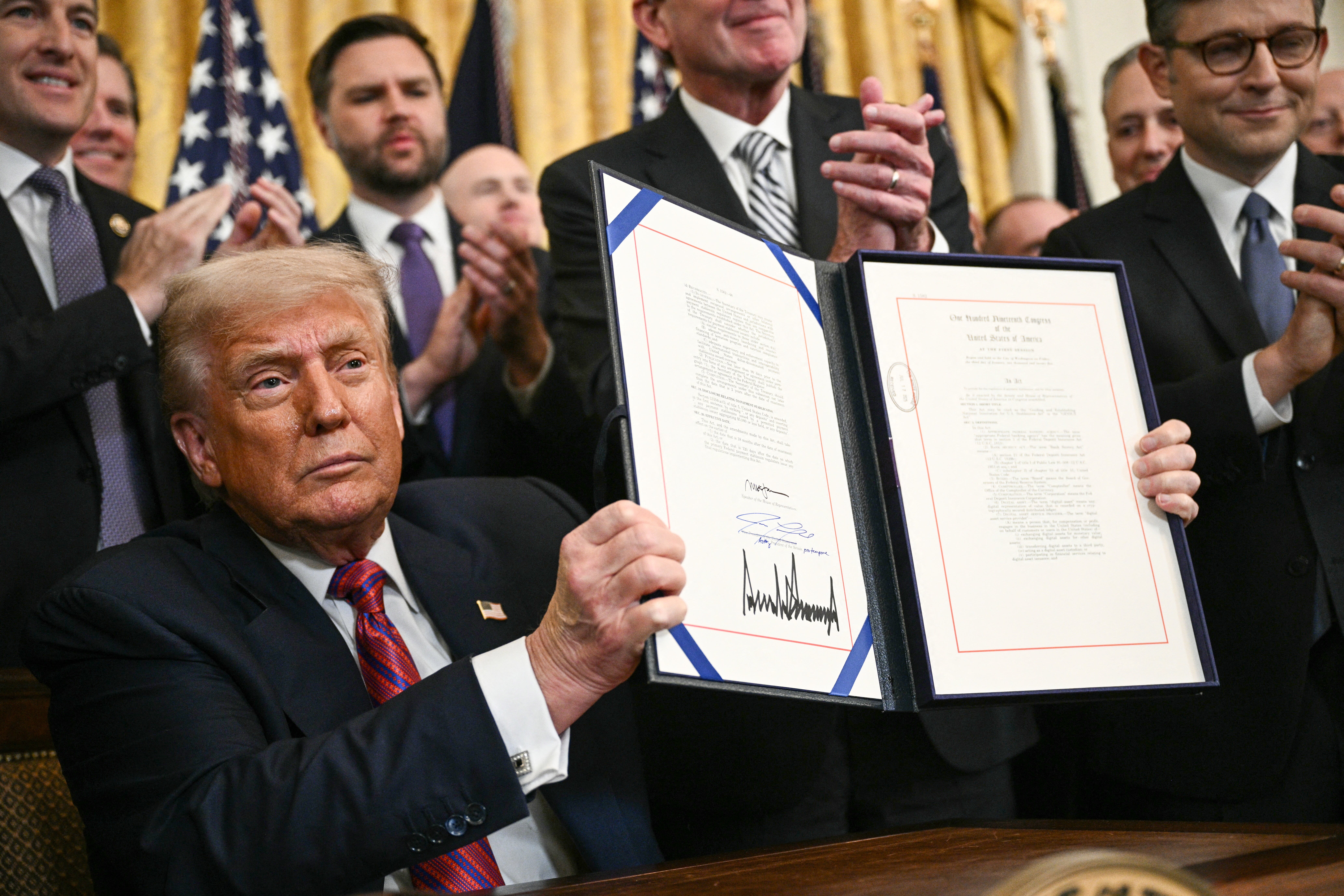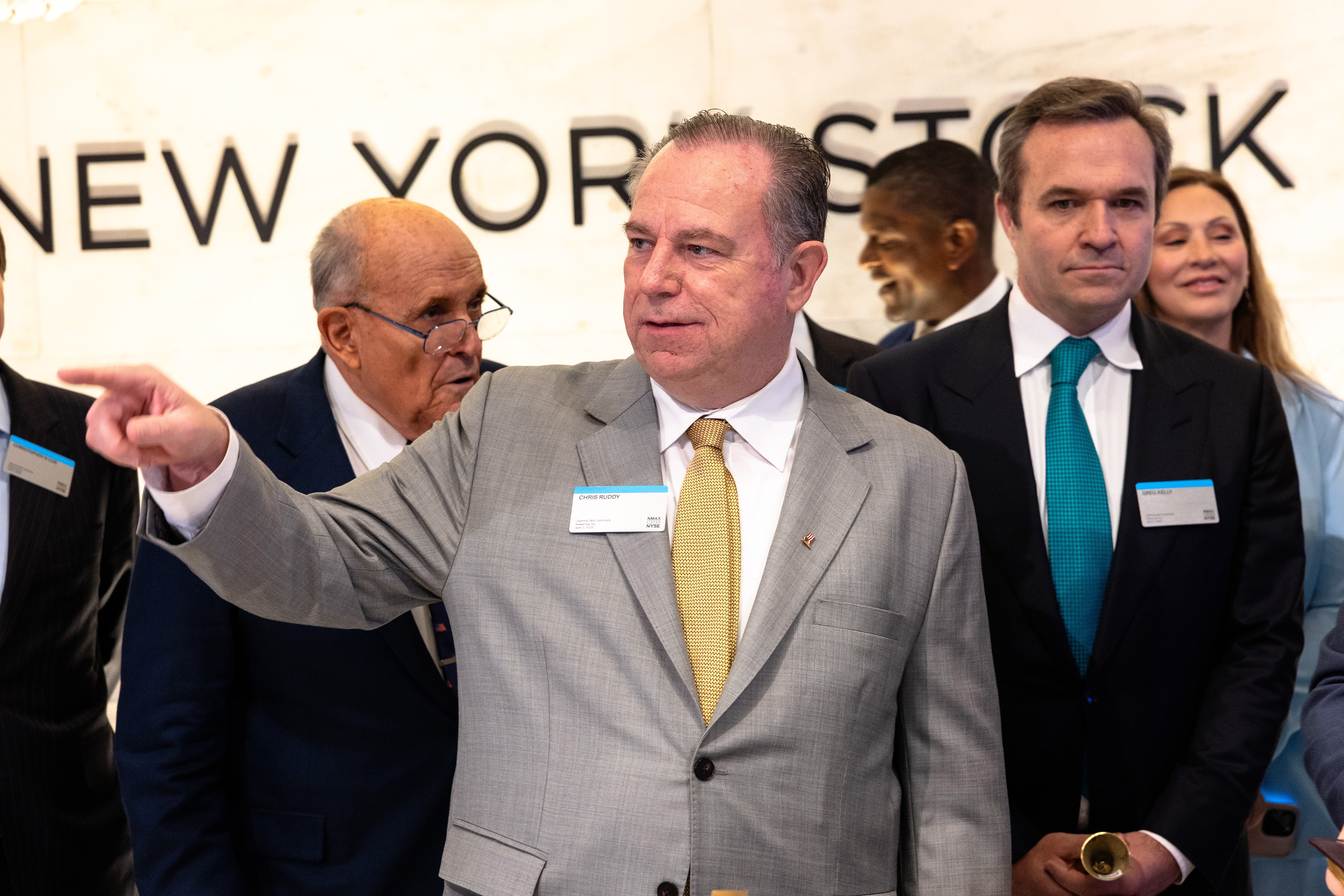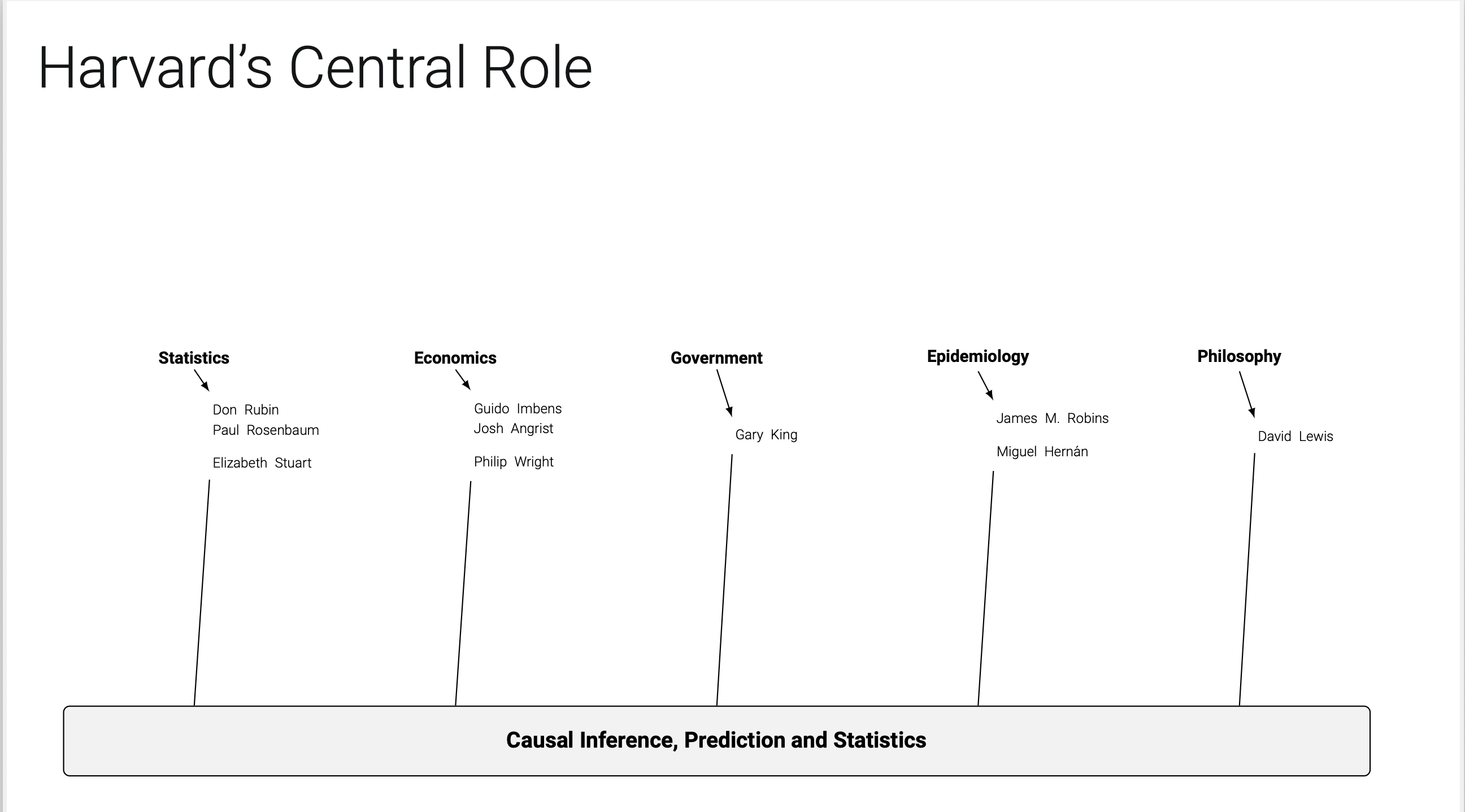
1341. The Central Planning Arms Race
Jon Murphy discusses the challenges of central planning, emphasizing human creativity and the inefficiencies it creates in economic systems.
your daily dose of economic commentary

Jon Murphy discusses the challenges of central planning, emphasizing human creativity and the inefficiencies it creates in economic systems.

An argument that generative AI alters the learning process by reducing time inputs, raising concerns about the value of traditional homework and the implications for human capital development.

Diana Opong discusses the legacy of fashion designer Giorgio Armani, highlighting his influence on luxury fashion and his innovative designs.

Paul Krugman discusses the implications of Trump's potential influence on the Federal Reserve's independence and its effects on monetary policy and credibility.

Bill McBride discusses the August light vehicle sales data, noting a decrease from July but an increase from the previous year, influenced by consumer behavior regarding tariffs and EV credits.

The post discusses the increase in the U.S. trade deficit in July, highlighting changes in exports and imports, and the deficit's relationship with petroleum products.
A discussion on photography, conflict zones, cultural perceptions, and personal experiences in places like Afghanistan and Kolkata, highlighting the intersection of art and life in challenging environments.

Remarks about a U.S. attorney's behavior following the 2020 election highlight concerns over her promotion of unfounded election fraud claims.

Camila Domonoske discusses the dilemma of what to do with her old minivan after two decades of use, considering selling, donating, or recycling it.

An argument that recent studies challenge the effectiveness of unconditional cash benefits in alleviating poverty and improving quality of life for recipients.

An argument that the government seeks to overturn a court ruling declaring Trump's tariffs illegal under emergency powers law.

An argument that the Federal Reserve's central planning undermines the economy by distorting interest rates and controlling prices, leading to economic disarray and loss of currency value.

An argument that traditional assessment methods, like blue book exams, may not effectively address the challenges posed by AI in education and could hinder genuine learning.

Menzie Chinn discusses graphs illustrating the current state of the financial system as part of his teaching course.

Timothy Taylor discusses the availability of the Summer 2025 issue of the Journal of Economic Perspectives online, encouraging readers to access it freely.

Maria Aspan discusses how Trump's cryptocurrency launch has financially benefited him and his family, emphasizing their significant profits linked to his political return.

David Folkenflik discusses Newsmax's antitrust lawsuit against Fox News, claiming it attempted to stifle the growth of its smaller competitor in the cable news market.
Bill McBride discusses the Federal Reserve's Beige Book findings, highlighting stagnation in economic activity and mixed sentiments across various Districts regarding consumer spending and employment.

Kevin Corcoran discusses the economic factors influencing grocery delivery choices, including personal preferences, transaction costs, information asymmetries, and the principal-agent problem.

Scott Cunningham reflects on his first day of class at Harvard, discussing student engagement, the importance of causal inference, and mental health among students.